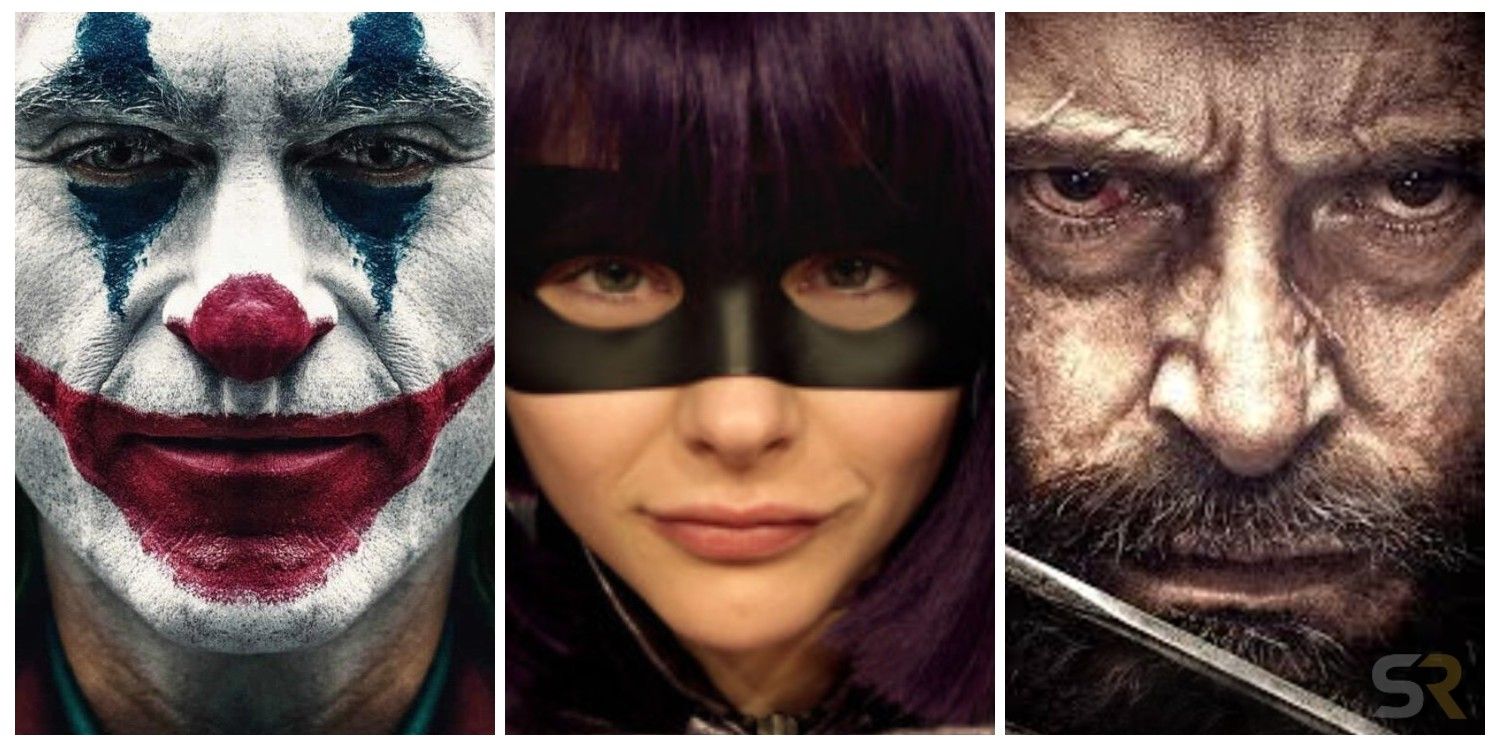
Superhero films have never been bigger - and here are our pick of the best of the decade, ranging from Marvel to DC, from original characters to comic book adaptations. Hollywood execs had traditionally been wary of comic book adaptations, but the last decade has shown that their reluctance was ill-advised. In 2008, Marvel Studios made cinematic history with the release of the first Iron Man, and the success of the Marvel Cinematic Universe has really made superheroes and comic book movies mainstream.
Of course, not every superhero blockbuster is created equally. Marvel Studios president Kevin Feige has perfected the idea of the shared cinematic universe, essentially transforming his studio into a production line of superhero content, signposted by the fact they're able to churn out three or even four films in a year. In contrast, Warner Bros. has struggled to turn DC Films into the same kind of content generator, initially signing up auteur director Zack Snyder as their own visionary, and then hurriedly course-correcting when the films didn't perform how they'd hoped. The recent success of Aquaman and Joker suggests that they're now on a more solid footing, and 2020 offerings look promising. Meanwhile, lesser-known properties are beginning to make their way on to both the big and small screens as well, including some creator-owned comic book adaptations. We're now at the stage where movies like Brightburn can riff on comic book mythology, and 90 percent of viewers will get it.
It's a great time to be a superhero fan, and that makes it particularly difficult to choose the best of the crop. Still, here are our choices for the best superhero blockbusters of the decade.
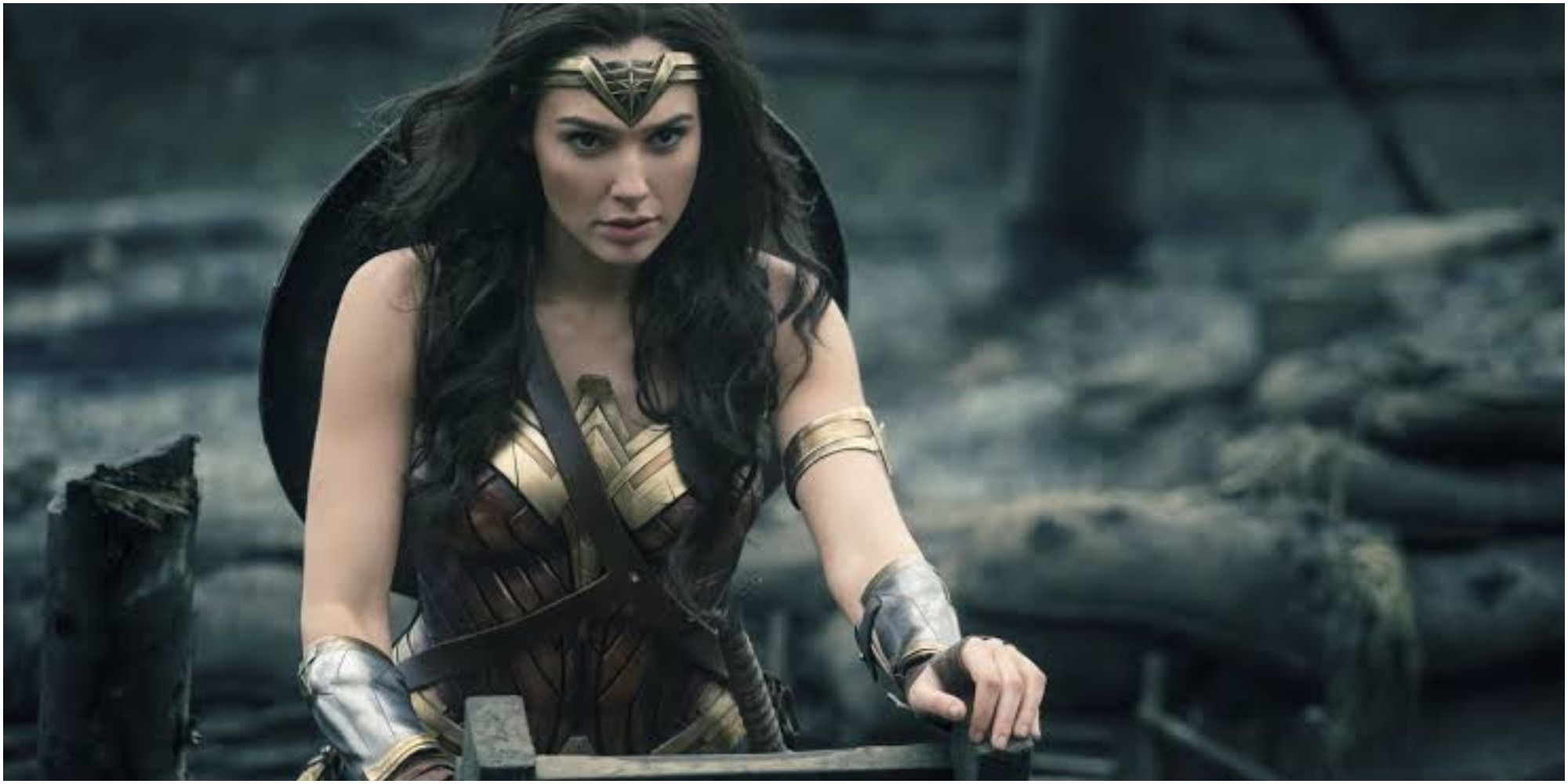
Patty Jenkins' Wonder Woman was one of the most important films of the decade, shattering the glass ceiling for both female superheroes and female directors. A period piece set during the First World War, it serves as an origin story for Gal Gadot's Wonder Woman, an Amazon Princess who decides she can't just stand by and watch while the world goes to Hades. The highlight was a stunning No-Man's Land sequence, in which Diana strode on to the battlefield and led the charge against German forces. The final fight between Wonder Woman and Ares was really a philosophical conflict rather than your traditional superhero brawl, with each combatant representing a different view of human nature. Wonder Woman's biggest flaw was some instances of inferior CGI work, which has led to it appearing lower on this list than would otherwise be the case.
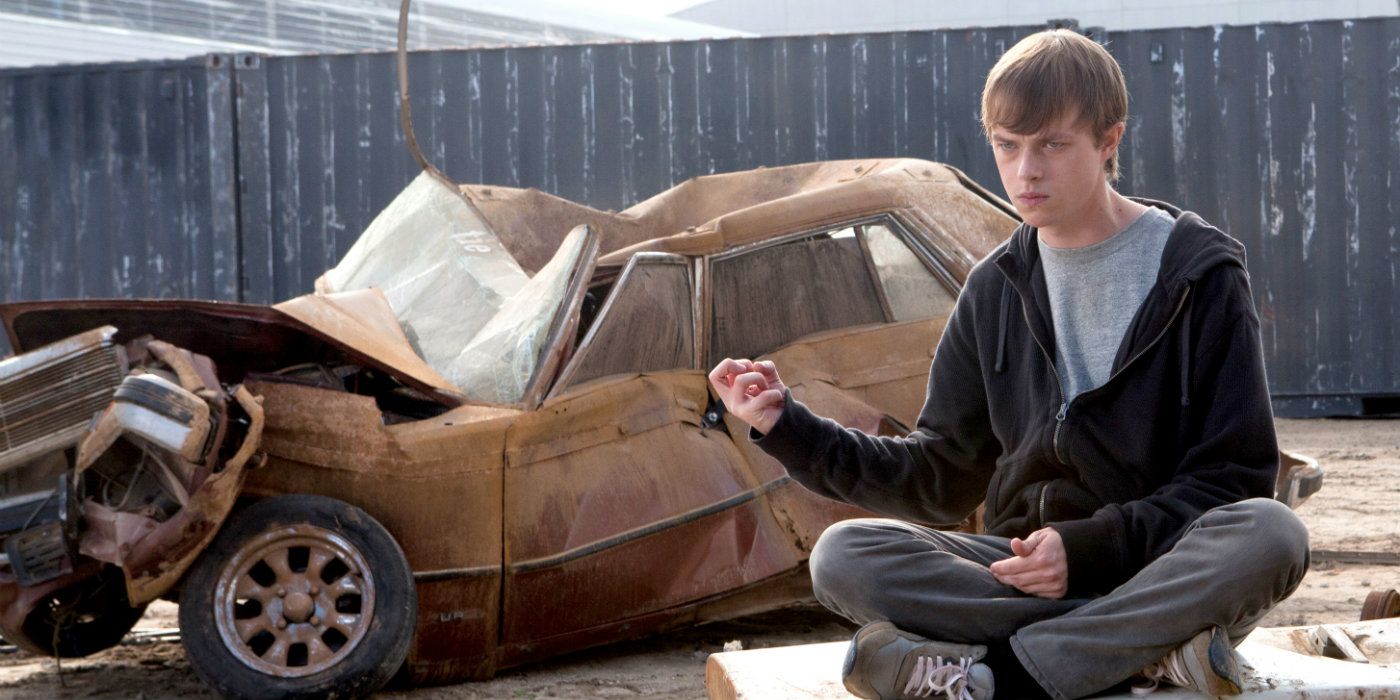
Josh Trank's first foray into superhero films was with Chronicle, a found-footage movie in which a group of teenagers develop telekinetic powers after being exposed to a meteorite. Chronicle is a fascinating take on the superhero genre, with Trank using the idea of super-powers as a vehicle to explore teenage life and the narcissism of the documentary generation. Where many superhero movies tend to be big-budget affairs, Chronicle is believed to have cost just $12 million and made over ten times that back in the box office alone. Writer Max Landis was keen to develop a sequel, but that was ultimately paused when Fox was purchased by Disney. It's unlikely to happen, given Landis has been accused of sexual and/or emotional abuse by multiple women; Trank actually banned Landis from the set during Chronicle's production.
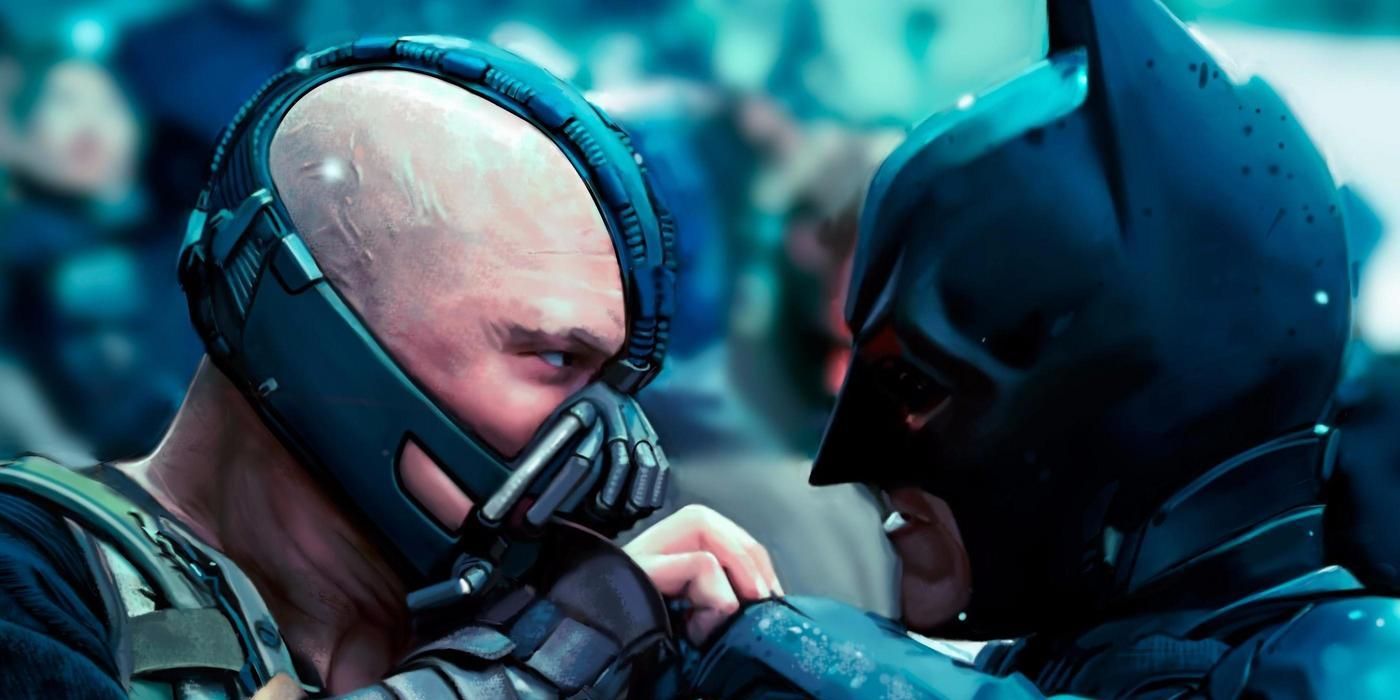
Christopher Nolan's Dark Knight trilogy has become seen as the gold standard for big-screen Batman adaptations, while it also has a place in cinematic history due to Nolan's experimental approach. Unfortunately, only one of this trilogy actually fits in this decade, and The Dark Knight Rises is probably the weakest installment. Still, plotting is terse and generally effective, Christian Bale continues to shine as Batman/Bruce Wayne, while Nolan's use of IMAX technology - ground-breaking at the time - creates a real sense of spectacle. The opening sequence, in which Tom Hardy's Bane was liberated from a plane carrying terrorists for the CIA, is unforgettable. Unfortunately there are a number of major plot holes that critically undermine the third act, and Bane just isn't as effective as previous villains. The new female leads, notably including Anne Hathaway's Catwoman, never really get their chance to shine.
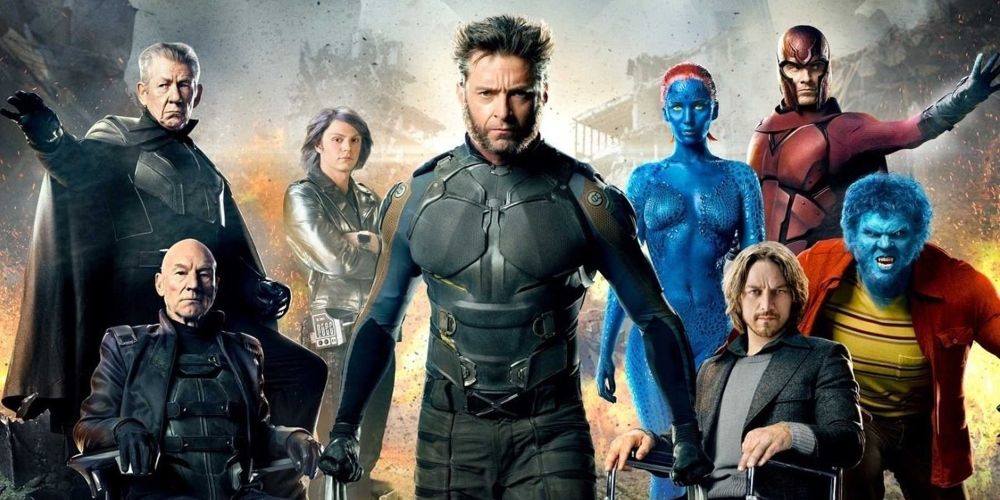
X-Men: Days of Future Past is one of the boldest and most intriguing films in Fox's entire X-Men franchise. The studio had relaunched with 2011's X-Men: First Class, recasting the characters of Charles Xavier and Magneto with James McAvoy and Michael Fassbender. They then came up with the idea of bringing the two different casts into head-on collision in a fascinating time travel arc, starring Hugh Jackman as Wolverine. It was generally well-plotted, with some stunning action set pieces and excellent performances. The only criticism would be that Fox rushed this; they'd have been wiser to make Days of Future Past the third act in a trilogy, with viewers given more time to develop an emotional connection with the prequel heroes.
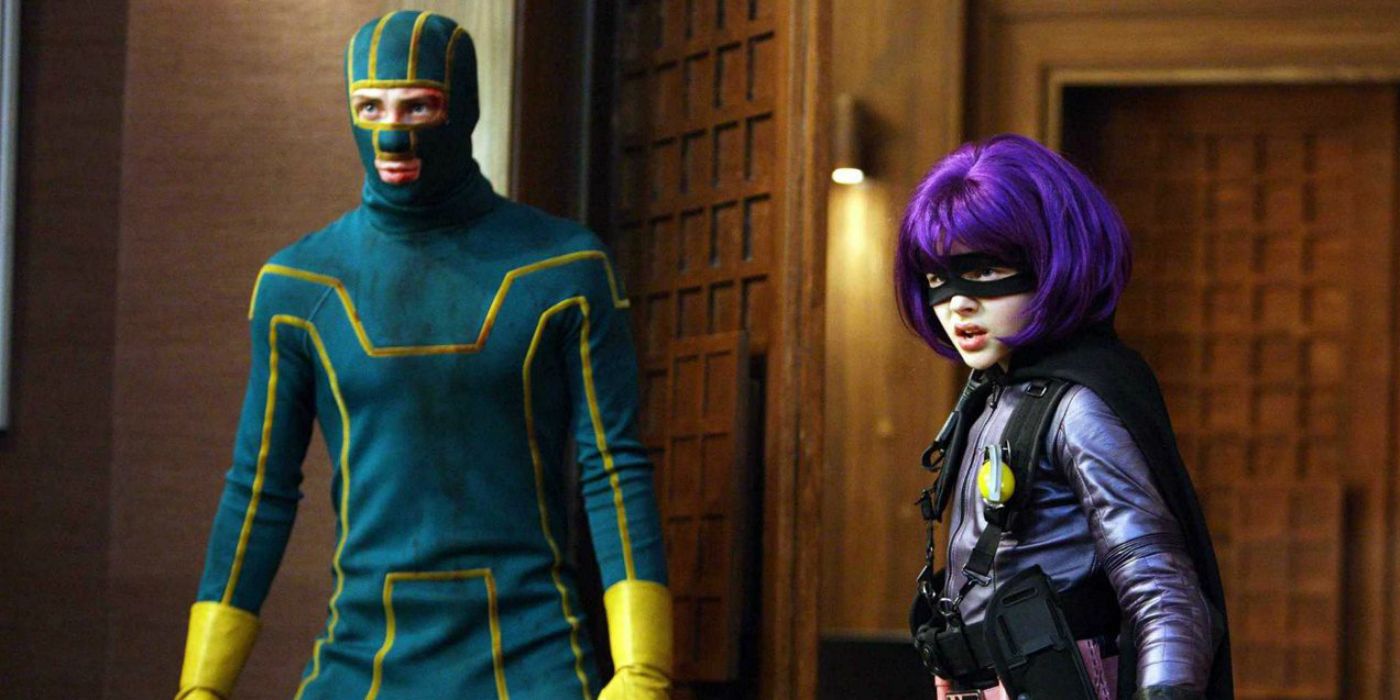
Next up is Kick-Ass, based on the comics by Mark Millar and John Romita, Jr. It's the story of an ordinary teenager who is inspired to become a real-life superhero and winds up in over his head when he encounters the father-and-daughter vigilantes Big Daddy and Hit-Girl. Kick-Ass is as brutal and bloody as its title implies, and has a rich vein of dark humor. It became quite controversial back in 2010, with Chloë Grace Moretz aged only 12 years old when she played the part of Hit-Girl. "If I ever uttered one word that I said in Kick-Ass, I would be grounded for years," Moretz observed. "I'd be stuck in my room until I was 20!" Still, the controversy has now largely been forgotten, and Kick-Ass can rightly be considered a classic.

David F. Sandberg's Shazam! is one of the best-reviewed movies in the DCEU to date. It's essentially a superhero version of Big, in which a teenager called Billy Batson is granted the magical power to transform into an adult hero whenever he says a magic word. While this sounds like a comedy, Sandberg is an accomplished horror director, and as a result he gives Shazam! a tonal variance that's quite unusual; some scenes are actually quite chilling, including one in which the villain commits patricide. The third act is absolutely inspired, weaving the theme of family into its dramatic resolution in quite a skillful way, and setting up a sequel in which Billy and his foster-siblings all possess the power of Shazam.
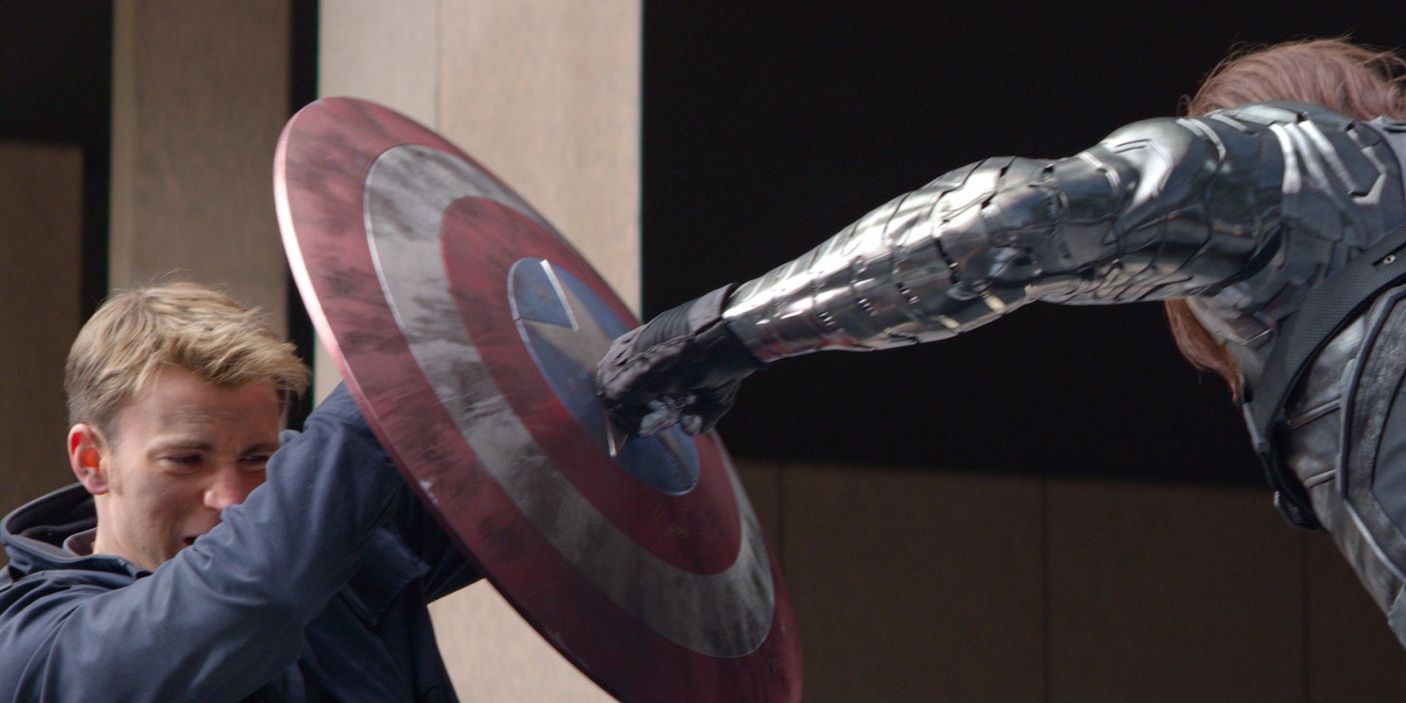
The secret to Marvel's success has been their willingness to blend superheroes into other genres. Captain America: The Winter Soldier is a political thriller blended with a superhero blockbuster; thematically it benefitted from the Edward Snowden leaks, debating the question of liberty versus security. Character arcs are strong, and the dynamic between Chris Evans' Captain America and Sebastian Stan's Winter Soldier is tremendous. The action set-pieces include some of the best in the MCU to date, most notably an elevator fight in which Captain America goes up against a group of SHIELD (Hydra) agents.
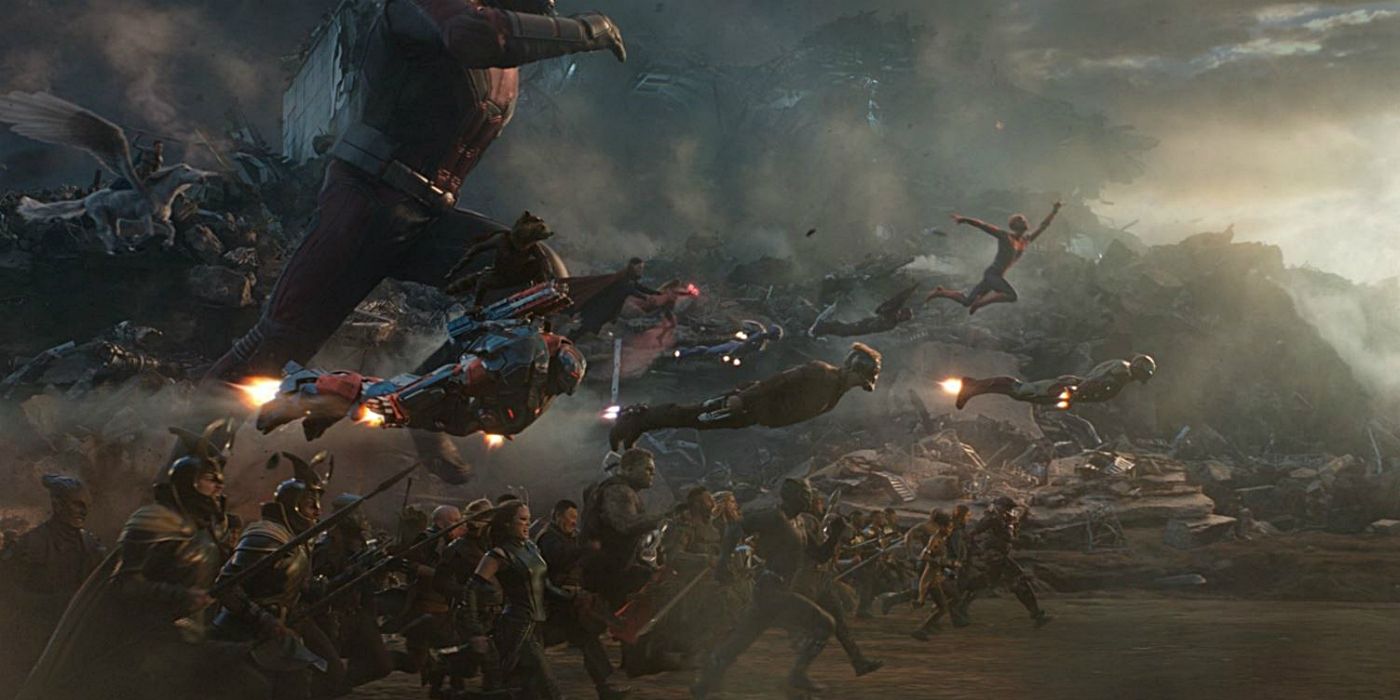
The climax of the first three phases of the MCU, Avengers: Endgame is a breathtaking celebration of everything Marvel has achieved over the course of the decade. The Avengers have been defeated, and their greatest enemy Thanos has accomplished his insane goal of rebalancing the universe by erasing half of all living creatures. Fortunately, Earth's Mightiest Heroes come up with a time travel arc that allows them to revisit key moments in the history of the MCU. And it all comes to a head in the biggest superhero action sequence to date, as the reassembled Avengers wage war against Thanos and his army. The second act is a little muddled, but it's impossible to overstate how much of an accomplishment this was.
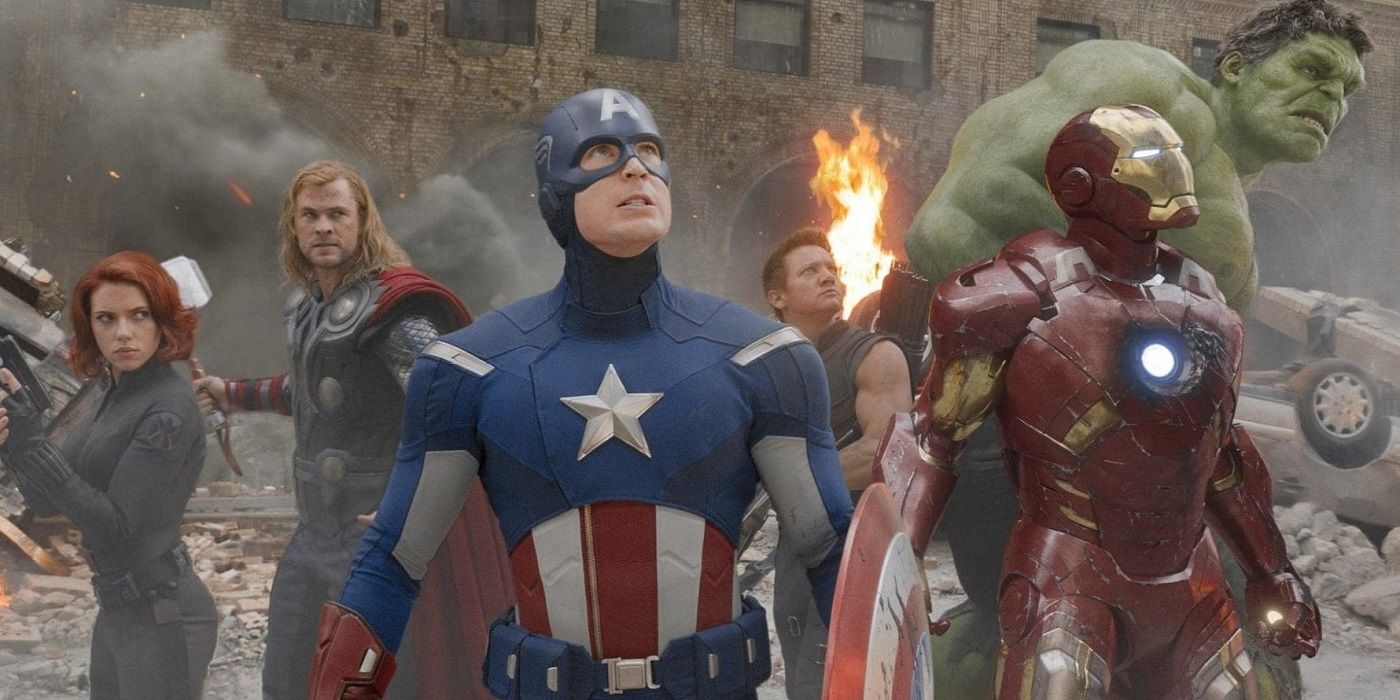
Although 2012's The Avengers has since been exceeded in scale - not least by Marvel's own Avengers: Endgame - this still deserves a very high slot. Comic book readers tend to forget that the success of the MCU was far from guaranteed; there's a reason no studio other than Marvel seems to have been able to make a shared cinematic universe work. The problem comes when the various sub-franchises intersect, and it's very easy for the script to become muddled and confused. Fortunately, Joss Whedon pulled it off with The Avengers, writing a fast-paced, humor-filled script that gave almost every Avenger a moment to shine. Tom Hiddleston's Loki is the perfect foil for the heroes, and the real star of the show.
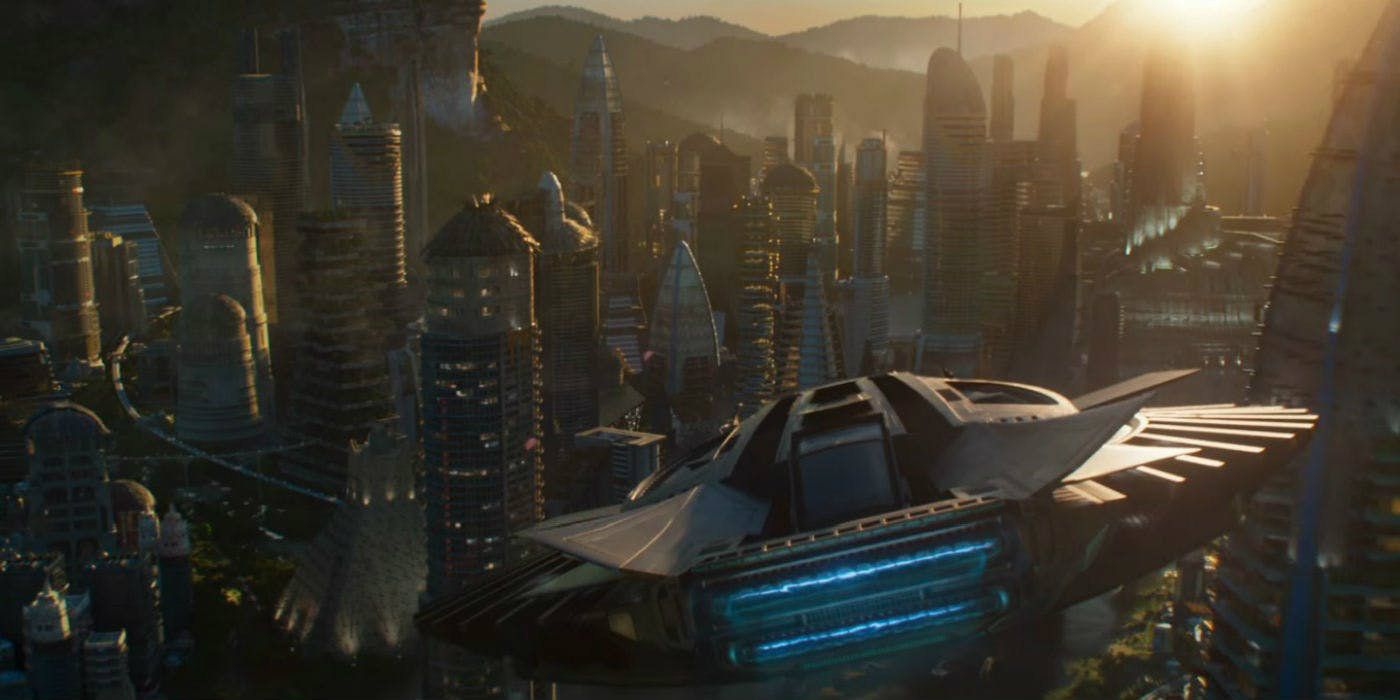
Ryan Coogler's Black Panther is a labor of love. This superhero blockbuster is essentially a celebration of Afrofuturism, and Marvel's design team put an incredible amount of effort into the production. As a result, the film doesn't just introduce a superhero, it makes an entire fictional nation - the African country of Wakanda, which was never colonized during the Scramble for Africa - feel completely real. Black Panther is best understood as a cultural event, a groundbreaking celebration of black culture, and it grossed a stunning $1.3 billion in the global box office. The Black Panther costume and script have even headed to the Smithsonian Institution. It's not a perfect film; the CGI in the final fight is often criticized. But, frankly, this is a movie with so much heart that the CGI can be overlooked.

Released in 2017, Logan was the swan song for Hugh Jackman and Patrick Stewart. Director James Mangold avoided traditional superhero tropes, creating instead a movie that's bleak and emotionally raw. It's set in a barren, brutal dystopian future timeline in which the mutant race has all but died out, and Logan is left caring for a dying Charles Xavier. The breakout star was Dafne Keen, who played Logan's female clone X-23. Mangold launched a global talent search, and Keen was definitely the right pick; for all her youth, she managed to present X-23 as a complex character, with a brooding intensity, a savage and feral nature, and yet a haunting sense of innocence.
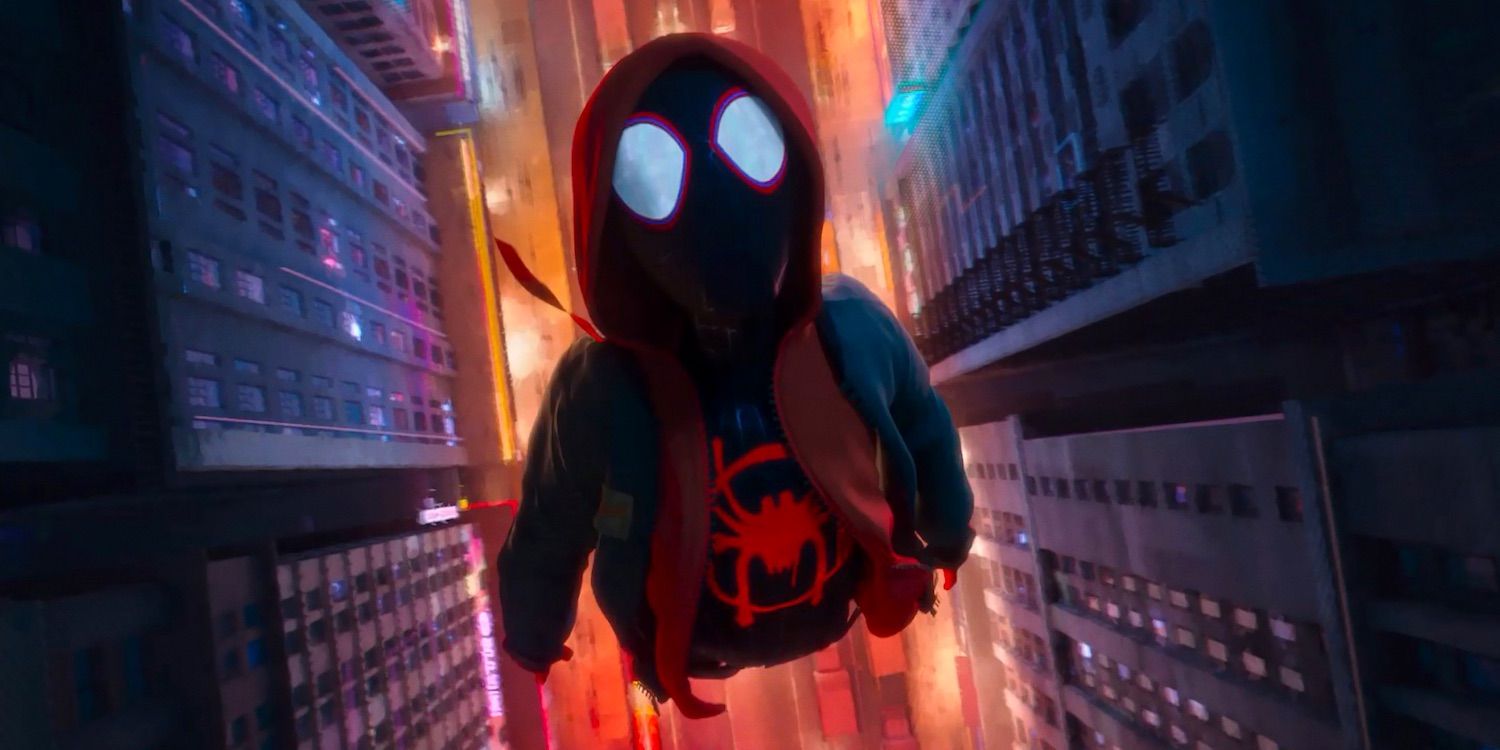
Moving into the top two superhero blockbusters of the decade, we have Spider-Man: Into The Spider-Verse. Many modern American animated films feel pretty homogenized, but Spider-Verse's three directors - Bob Persichetti, Peter Ramsey and Rodney Rothman - moved away from that. They developed new animation technology in order to give every character their own unique style, and they earned an Oscar for their work. The plot stars new Spider-Man Miles Morales rather than Peter Parker, allowing Sony to present a powerful, optimistic message that anybody could be Spider-Man. This is one of those rare things, an absolutely faultless film.
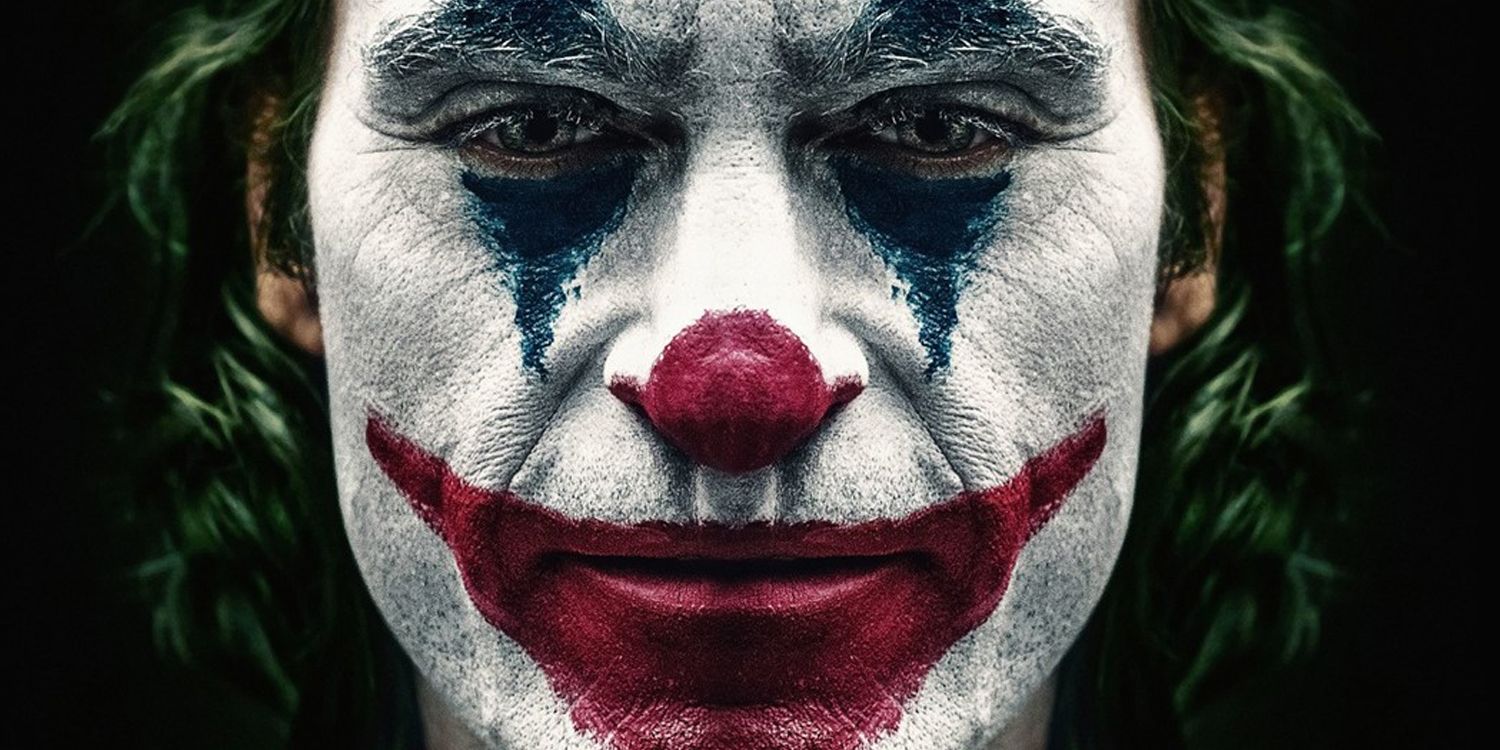
Finally, in first place is Todd Phillips' Joker. Another atypical superhero flick, Joker is a low-budget origin story for the Clown Prince of Crime, starring Joaquin Phoenix as the mentally disturbed man who descends into murderous insanity. Or does he? The ending is remarkably ambiguous, leaving viewers unsure whether any of this has really happened at all, or whether it was all in the protagonist's head. Joker broke countless records, becoming the highest-grossing R-rated movie worldwide and the first to break $1 billion. Incredibly, Joker is the most profitable superhero film of all time, given the budget was reportedly just $62.5 million. The success is all the more remarkable given it was generally seen as a risk for Warner Bros. - one that's paid off, with the studio now having signed up to a sequel.
from ScreenRant - Feed https://ift.tt/39qjDtR

0 Comments